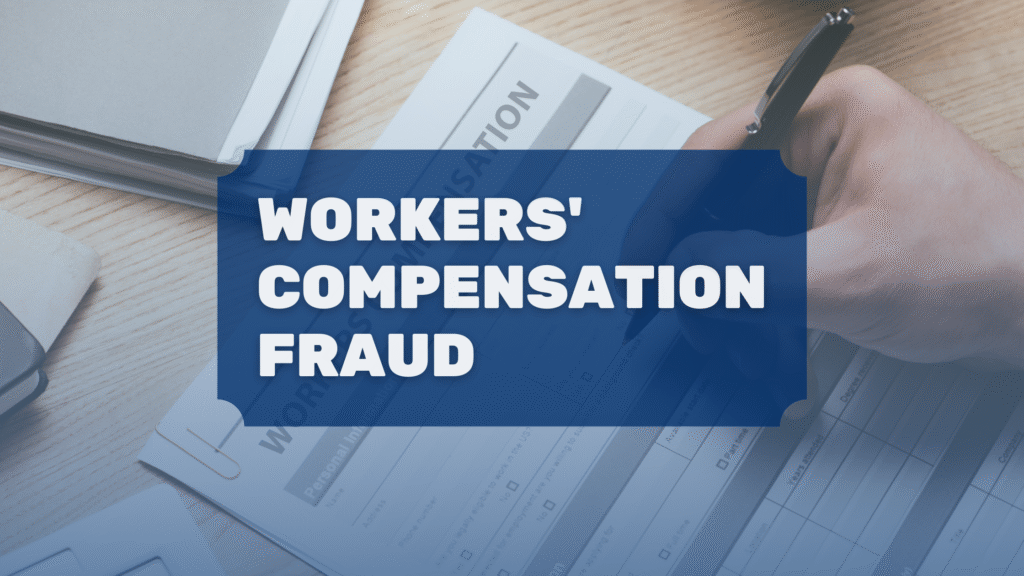May 16, 2025 | JacobiJournal.com – DoorDash delivery scam leads to $2.5M fraud plea: A former DoorDash driver has pleaded guilty in federal court to orchestrating a sophisticated fraud scheme that exploited the platform’s internal systems. The DoorDash delivery scam, which spanned from 2020 to 2021, resulted in over $2.5 million in losses and revealed alarming vulnerabilities within the gig economy’s infrastructure. Prosecutors said the driver used insider access and backend manipulation to reroute high-value customer orders, triggering automated payments for services never rendered.
How DoorDash Delivery Scam Exploited Insider Access to Steal Millions
Sayee Chaitanya Reddy Devagiri, 30, of Newport Beach, California, entered a guilty plea on Tuesday in San Jose federal court to one count of conspiracy to commit wire fraud. Prosecutors said Devagiri conspired with three others between 2020 and 2021 to exploit DoorDash’s internal systems for personal gain.
Specifically, Devagiri used customer accounts to place expensive orders. He then accessed DoorDash’s backend software using credentials from a cooperating employee. After that, he reassigned the orders to fraudulent driver accounts he and his co-conspirators controlled.
Orders Marked as Delivered—But Never Were
Once the orders were rerouted, Devagiri falsely marked them as delivered. This action triggered automatic payments from DoorDash to the fake driver accounts. To repeat the fraud, he reset the order status from “delivered” to “in process” and rerouted the same orders back to those accounts.
Notably, the scam relied heavily on insider access, allowing Devagiri and others to bypass typical safeguards. As a result, the group repeatedly collected payments for services they never provided. Deliveries Scam Plea
Additional Guilty Pleas Reveal Coordinated Plot
The now-former DoorDash employee who supplied system access pleaded guilty in November 2023 to conspiracy to commit wire fraud. He admitted to helping execute the fraud scheme. Devagiri is now the third person convicted in this wide-reaching conspiracy.
Sentencing Scheduled for September
Devagiri faces up to 20 years in federal prison and a $250,000 fine. His sentencing is set for September 16. The case raises urgent questions about how delivery platforms can better protect internal systems from misuse.
Get the full details directly from the U.S. Department of Justice.
FAQs: How did the DoorDash delivery scam work?
The scam involved a former DoorDash driver who, with insider help, accessed backend systems to reroute high-value orders to fake driver accounts. These orders were falsely marked as delivered, triggering automatic payments from DoorDash for undelivered services. The scheme ultimately defrauded the company of more than $2.5 million.
What vulnerabilities did the DoorDash delivery scam expose?
The DoorDash delivery scam revealed critical weaknesses in internal system safeguards, particularly the risks posed by employee access to backend software. It highlighted the need for stronger cybersecurity controls in gig economy platforms to prevent similar insider-led fraud schemes.
What could have happened if the DoorDash delivery scam remained undetected?
If the DoorDash delivery scam had gone unnoticed, fraudulent payouts could have continued unchecked, resulting in significantly higher financial losses and compromised customer trust. It would have also signaled to bad actors that gig economy platforms are vulnerable, potentially encouraging similar insider schemes across the industry. Exposing the fraud was critical to preserving operational integrity, deterring future abuse, and prompting stronger cybersecurity reforms.
Where can I report suspected delivery platform fraud like the DoorDash delivery scam?
If you suspect fraudulent activity involving delivery platforms, you can report it to the National Center for Disaster Fraud (NCDF) via the DOJ’s hotline at 866-720-5721 or through the online complaint form at justice.gov/disaster-fraud. For corporate fraud or insider schemes, tips can also be submitted to the FBI’s Internet Crime Complaint Center (IC3) at ic3.gov. Prompt reporting helps prevent further abuse and protects consumers and companies alike.
Stay informed on emerging fraud schemes and compliance risks in the gig economy. Subscribe to JacobiJournal.com for expert updates on federal prosecutions, platform vulnerabilities, and regulatory crackdowns.
🔎 Read More from JacobiJournal.com:
- Summary Judgment Motion Renewal Denied for Carrier
- Wildfire Alert Glitch Triggers Accidental Warning to Millions in LA County
- PFAS Settlement Agreement: New Jersey, 3M Settle for $450M
- State Farm Rate Hike Recommendation: 17% Increase a Wake-Up Call for Insurers
- Attorney Liens Scrutinized in CA DWC’s Quick Suspension Over Alleged Comp Fraud





